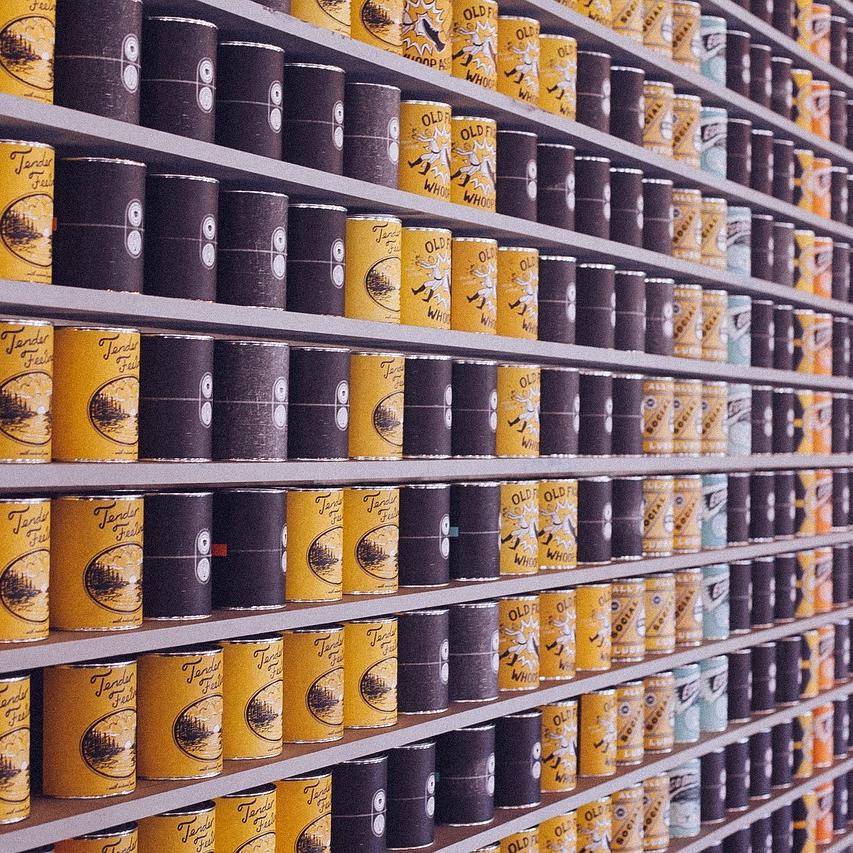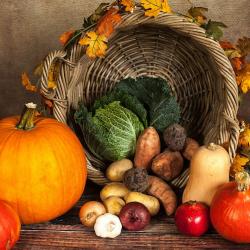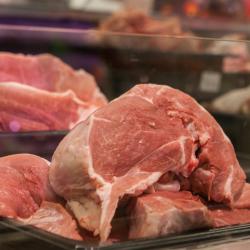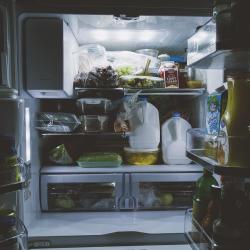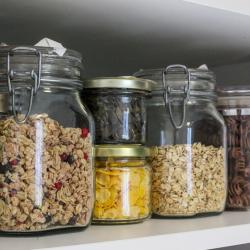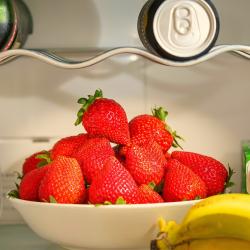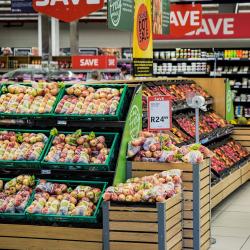How to Store Canned Goods and Preserve Their Quality
Canned goods are a kitchen staple, known for their long shelf life, convenience, and ability to deliver essential nutrients. Whether you're stocking up for emergencies or aiming to stay organized, understanding how to properly store canned foods is crucial for preserving their quality. Here’s what you need to know to make the most out of your canned goods.
1. The Basics of Canned Goods Storage
Canned foods are designed to be long-lasting due to the hermetic sealing process which prevents contamination and spoilage. However, improper storage can still lead to diminished quality or even spoilage. Follow these foundational steps to ensure your canned goods remain safe and nutritious:
-
Choose the Right Location: Store your canned goods in a cool, dry place. The ideal temperature range is between 50°F (10°C) and 70°F (21°C). Basements or dedicated pantry spaces are often good choices. Avoid places that are too warm or that might experience fluctuations in temperature, such as garages or near a stove.
-
Avoid Moisture: Moist environments can cause cans to rust, compromising their integrity. Ensure the area is dry to prevent moisture damage.
-
Minimize Light Exposure: Prolonged exposure to light can degrade the contents of canned goods. Store them in a dark pantry or use opaque storage options to block out light.
2. Organization Tips for Maximum Shelf Life
Efficient organization not only helps make your pantry look neat but also aids in preserving the quality and ensuring you consume products before their optimal use-by date.
-
First In, First Out (FIFO): Arrange your cans so that the oldest items are at the front, making it easy to use them before they reach their best-by date. Always place newly purchased items at the back.
-
Label Clearly: Consider adding labels with purchase or best-by dates, especially if cans don't have them clearly printed. This practice helps in keeping track of inventory efficiently.
-
Group by Type: Store similar types or categories of canned goods together. This helps in quickly identifying what you need and prevents cans from being unnecessarily shifted and handled, reducing the risk of damaging labels or cans.
3. Handling and Inspecting Cans
Proper handling and regular inspection can prevent many issues associated with canned goods.
-
Check for Dents and Rust: Before purchasing or storing, inspect cans for dents, rust, or swelling. These can be signs of potential spoilage or compromised seals. Discard any cans that appear dubious.
-
Rotate Stock Regularly: Every few months, take some time to rotate and inspect your canned goods – this keeps your pantry organized and ensures you use products within their optimal date range.
4. Signs of Spoilage
No matter how well you store them, canned goods can go bad. It is vital to recognize the signs of spoilage:
-
Bulging Cans: One of the most obvious indications that a can's contents are compromised is a bulging appearance, which can result from gases produced by bacterial growth.
-
Leaking or Seepage: This can suggest the can's seal has been broken, making contents unsafe.
-
Off Odors or Visible Mold: Upon opening, if a canned product smells off, is foamy, or has visible mold, discard it immediately.
5. Extending Shelf Life
While cans are long-lasting, you can extend their shelf life with these tips:
-
Temperature Consistency: As much as possible, maintain a consistent temperature in your storage area to prevent condensation and spoilage.
-
Use Racks or Shelving: Elevate canned goods slightly off the floor by using shelving; this also allows for better air circulation.
-
Avoid Mechanical Damage: Minimize rough handling that can lead to dents and damage, which compromise the can's integrity.
Conclusion
Canned goods are a wonderful resource for households, providing convenient, nutritious, and often cost-effective options for meals. By understanding and implementing the above tips and strategies for storage and handling, you can ensure that your canned items remain fresh, safe, and delicious for as long as possible. Always prioritize safety and quality to make the most of these essential pantry items.
